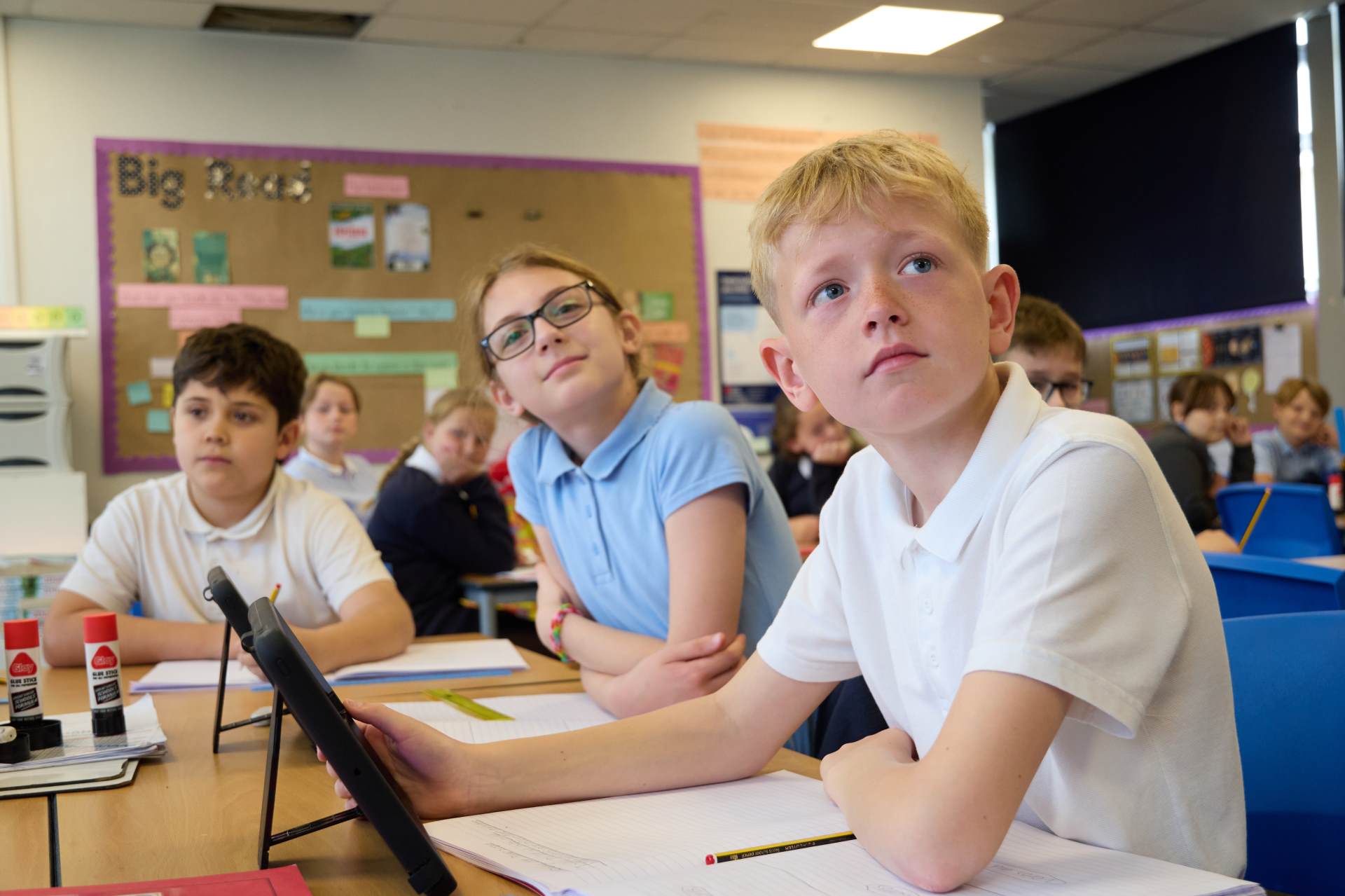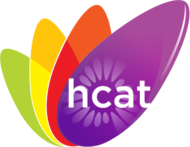History

Intent
At Longhill Primary, our young historians will gain a deep, well-rounded and chronologically coherent understanding of local, national and internationally significant periods and events. This will include exploring pre-historic Britain; Hull in the Blitz; Tudors, Victorians, Egyptians, Vikings, Romans and many more exciting eras across local, British and world history.
Our children will leave us feeling inspired and curious to find out even more. We will support our children to do this by building awareness of both their own heritage and that of the wider world, and by equipping them with the essential skills that can be used and applied within meaningful historical enquiry.
Our approach to planning and teaching history is based upon a careful and considered balance of substantive knowledge (knowledge of the past) and disciplinary knowledge (how historians find out about the past and shape their arguments) which enables children to enquire, research and analyse in history.
Implementation
Over the course of the scheme, children develop their understanding of the following key disciplinary skills:
Change and continuity.
Cause and consequence.
Similarities and differences.
Historical significance.
Historical interpretation
Use of Sources of evidence.
These skills are be encountered in different contexts during the study of local, British and world history.
Every lesson is underpinned by chronology, with children learning substantive knowledge through 4 main concepts: civilisation, religion, power & conflict and significance & legacy. These concepts are imbedded throughout the curriculum so that they are encountered multiple times in specific, meaningful contexts. In this way, children can make links and connections between different civilisations and key historical events locally and nationally.
A wide variety of teaching approaches are used in history lessons to ensure children make good progress, and all learning styles are catered for. Class teachers ensure there is a good balance of whole class, group work and individual learning in history lessons. We encourage the use of real-life artefacts; role play and drama; presentations by teachers, visitors and children; discussions and debates and themed days or trips to inspire all learners.
We ensure that all learning is built on previous knowledge and that children’s knowledge of the content is assessed at the end of each term to ensure that all pupils are making progress and know any areas to revisit.
We believe that all learners should access first quality teach and be immersed in class discussions during history lessons. Therefore, SEND learners access the same learning as all other children but will be given further support, adapted outcomes and a tailored approach to suit each individuals’ needs.
Our scheme of work also provides appropriate subject knowledge, skills and understanding as set out in the EYFS and National Curriculum History Programmes of study.
Impact
Children can use historical vocabulary and have a better understanding of chronology.
Children can talk confidently about events of the past and how the past may have impacted modern day.
Children are able to use a range of historical sources to find out about and interpret the past. They are able to make their own judgements about what the past may have been like.
Longhill Primary Substantive ConceptsFoundation Stage 1 History Plan
Foundation Stage 2 New Plan History
Year 1 History planYear 2 History PlanYear 3 History PlanYear 4 History PlanYear 5 History PlanYear 6 History PlanPlease also refer to the Foundation Stage medium term plans



